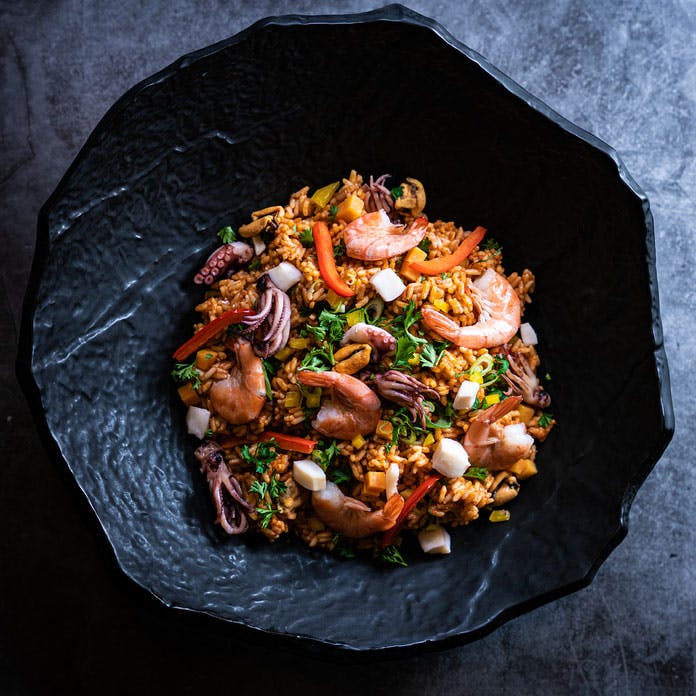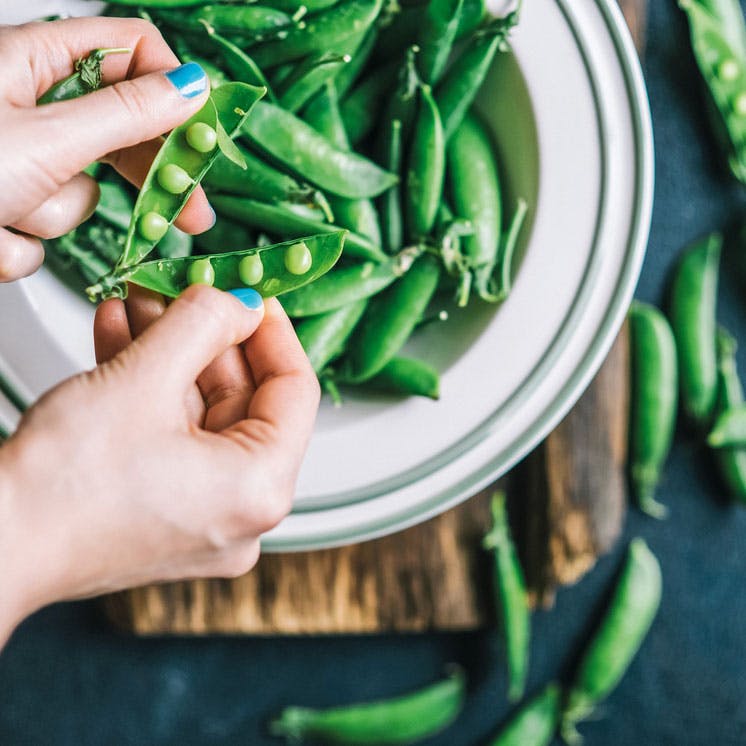2.4. Impact on the Environment
2.4.1 Achievements for the EnvironmentAchievements for the Environment
In line with its ambition to become the world leader in sustainable food and valued experiences, Sodexo has been committed to reducing the carbon emissions associated with its activities since 2017. Today, Sodexo is going even further by committing to a gradual and profound transformation of its activities and mobilizing its entire ecosystem around four levers: sustainable supply chain, low-carbon meals, use of renewable energy and the fight against food waste.

Supporting sustainable fishing to ensure sustainable sourcing from suppliers
Sodexo is committed to sourcing 100% sustainable fish and seafood by 2025 and supports the Fisheries Improvement Fund launched in 2023 by its long-standing partner WWF and environmental investment consultancy, Finance Earth. The Fisheries Improvement Fund is an innovative model of sustainable financing aimed at subsidizing fisheries improvement projects (FIPs) based on sustainable, fair and profitable fishing practices. Through this fund, over 100 million U.S. dollars will be invested in the development of programs promoting sustainable fishing by 2030, benefiting the natural world and the communities that depend upon it. This initiative is an example of collaboration between leading global industrial players and philanthropic partners committed to investing in the preservation of natural resources and moving global fisheries regulation towards an equitable financial model.
6,600Sodexo’s sites have assessed their CSR performance through Sodexo's SEA tool in 2023

«To achieve our sustainable food ambition, all meals are important and all our stakeholders have a role to play. The exceptional products of our suppliers and the expertise of our chefs allow Sodexo to offer sustainable and tasty menus that meet our low-carbon meal definition. The passion displayed by our teams is a driving force and encourages our consumers to make more responsible choices. Sustainable food is an opportunity to take care of ourselves and the planet, while recognizing our responsibility to future generations. Together we can make a real difference»
Committing to the sustainable food transition together with our teams
In collaboration with external experts, Sodexo has developed a definition of a “low-carbon” meal (impact less than or equal to 0.9 kg CO2e) and is working on this basis with its chefs to design and roll out plant-based, vegetarian and plant-forward recipes worldwide. The Group aims to be able to label 70% of its main dishes as “low-carbon” by 2030. Measuring carbon emissions from dishes – already in place in Norway, Austria, Germany, Belgium, Sweden, Finland, Switzerland and the Netherlands – is being extended to all countries in which the Group is present, using tools similar to those used, for example, by Oscar Jonasson. This chef at the Björken restaurant in Uppsala, thanks to a partner solution for calculating emissions, has managed to reduce the average carbon footprint per portion by 59% in three years. To rally teams around this common goal, Sodexo has launched the “Vegetalising our menus & offers to start a cultural shift” training course as part of the Sodexo Academy, in collaboration with Humane Society International. The course is designed to turn Sodexo’s chefs, nutritionists, buyers and marketing teams into ambassadors for food transformation. The Continental Europe teams were the first to receive this training.

